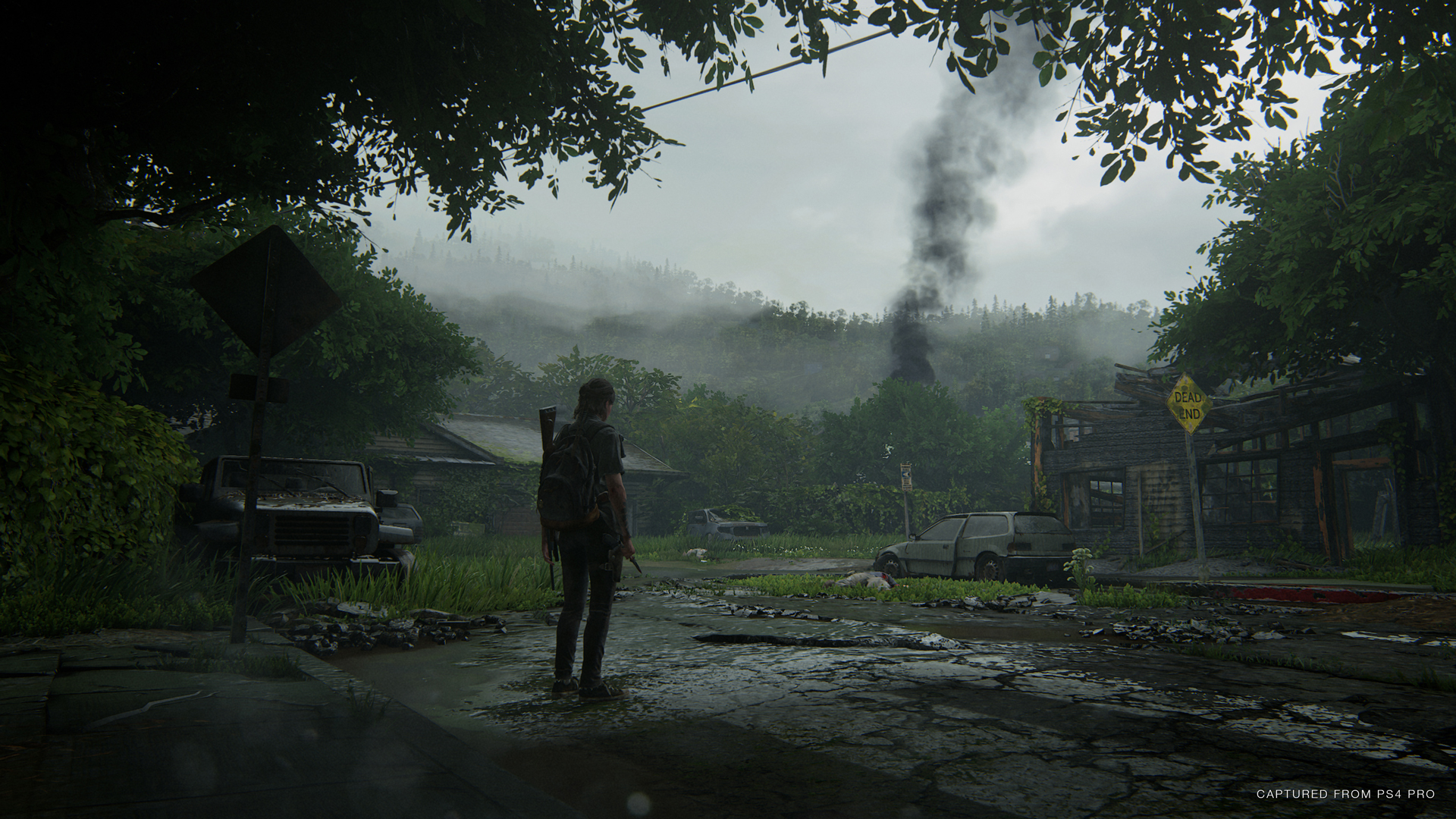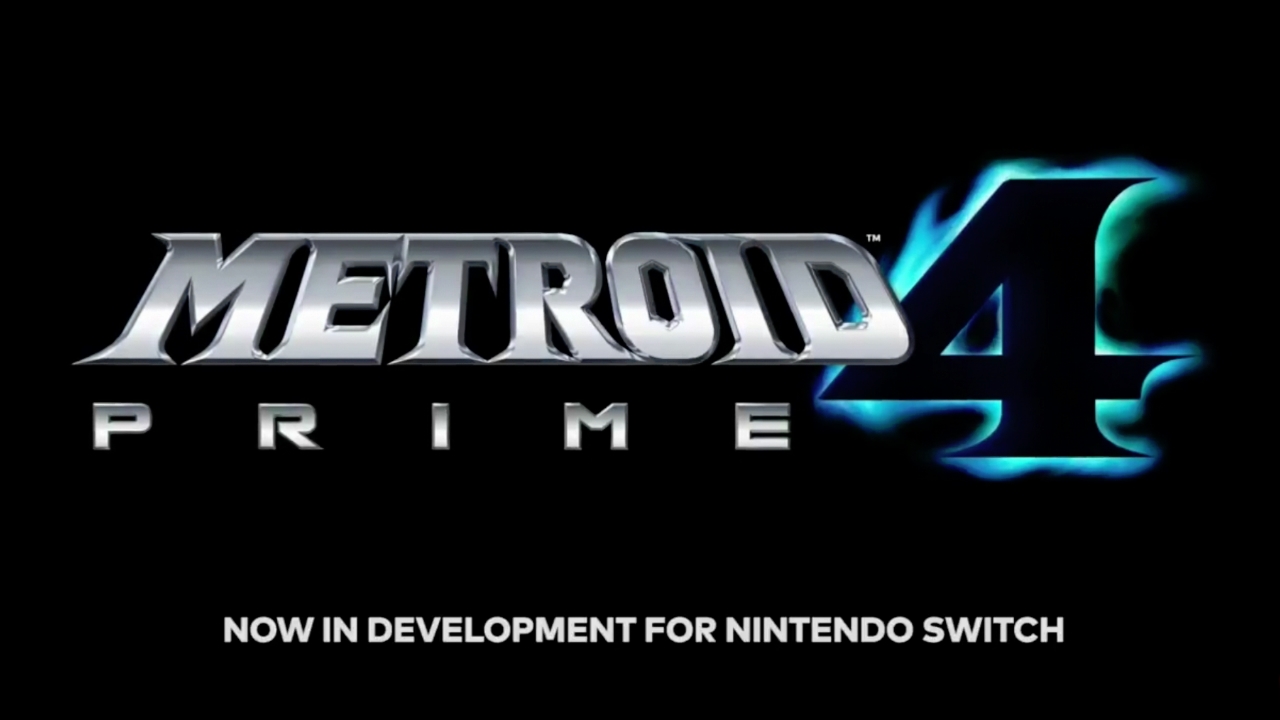Have we become too emotionally invested in the catharsis of receiving video game news?
As sobering as the thought may be, we shouldn't get pent up over the lack of new game, PS5, and Xbox Series X news

As a reporter for a large part of my career, news is my lifeblood. The perpetual news cycle is a beast that always needs feeding, giving an illusion of a fast-paced industry that is more dynamic than the business day allows. There would always be something – even during quiet periods – to report on and make the quiet periods less unbearable. This made me, and the general news-consuming gaming audience, accustomed to the blistering pace at which the gaming industry moves its news cycles. Given the 12 months of every year, we divide the information pie into 12 pieces, and have become increasingly uncomfortable when there are pieces left in the tin.
In the past month, PlayStation has taken the uncommon step to drastically scale back its public appearances by pulling out of major conventions and conferences. Its reasoning for this was close to unimpeachable: the company did not want to put its workers in danger of being infected with the coronavirus or risk contributing to the virus breaking containment. Despite this, some fans on social media bemoaned this decision because it meant the first public demo of The Last of Us Part 2 would be cancelled and could conceivably delay PlayStation's unveiling of further projects.
Nintendo has taken a sabbatical from its information-centric Nintendo Direct, having not aired a general presentation for over half a year. This has driven the Kyoto giant's most rabid fans up the wall, as the usually consistent developer has left them wanting after a spate of successful holiday hits gave way to a thinner first quarter. Even now, every tweet on Nintendo of America's Twitter is flooded with responses demanding news on the next Nintendo Direct, like people begging for water in a desert.
Neither PlayStation nor Nintendo are beholden to these events to release news on their games, as either or both could choose to announce any information of any scale on social media or a YouTube video at a moment's notice. While Nintendo has been prone to dry spells in game releases in the past, presumably it will still provide a schedule of games from its own development studios and third parties with or without a Direct. Why, then, are people so insistent that things come in these traditional forms when the end result is the same?
The answer to that is hard to put at just any single entity's feet.
Feeding the beast

As consumers of news, we have absolutely become adjusted to a constant feed of news and regular patterns of occurrence as a new normal. When we are denied those norms by the absence of information, we get pent up. There's genuinely no reason to be alarmed when a company is quiet about its future plans. We are not actually entitled to news. However, the catharsis gained from finding out about what video games are coming down the pike has become addictive and this is likely not for the better.
Pageantry has been attached to news and we have become attached to that pageantry. The self-perpetuating cycle of how companies in the video game industry dole out information makes people dependent on their schedules for finding that information out. This is not completely shocking, it is a very logical method of controlling the marketing and it makes complete sense that the people most keyed into these things would be emotionally invested in it. As consumers, though, we can recognize the cycle and disrupt it on our end.
Weekly digests, tales from the communities you love, and more

"Pageantry has been attached to news and we have become attached to that pageantry"
In fact, said cycles are already being disrupted bit-by-bit, as evidenced by the gradual transmogrification of the E3 into less of a show driven by announcements and more of one centering on gaming culture. When PlayStation pulled out of E3 for purposes of honing its marketing message, many were still incensed by the decision to leave what was once casually referred to as "Gamer Christmas", but by and large most understood the reasoning. Where once stood an infallible pillar of gaming news now stands more of a gaming tourist destination and the walls have not come tumbling down around us yet.
News in the gaming industry is now simply more ephemeral than it once was. Gone are the days where a game has to be revealed months and years ahead of time for print publications to get their previews in and hype to build. Some of the biggest announcements our industry has seen in the last few years have come from abrupt blog postings or Tweets or sudden online articles without the need for the live-stream equivalent of appointment television. As sobering as the thought may be, we should not get pent up over the lack of news because news does not take the same form we expect it to.
This is not to say that, if you are one of the people desirous of future game announcements, that you are in any way bad or toxic. The industry has perpetuated this thinking because it works to get games sold. The problem starts to bubble up when the things we take entirely for granted disappear and their absence leaves us without proper alternatives to things we thought we need. The release of endorphins from Nintendo announcing a new video or PlayStation revealing a public demo should not make us dependent on them to provide us with a cathartic commercial. We can sit back, relax, and wait for them to come to us.

Are video game announcements are getting out of hand? WB Montreal's ongoing and obscure Batman teases are more proof that simplicity is key when it comes to reveals


